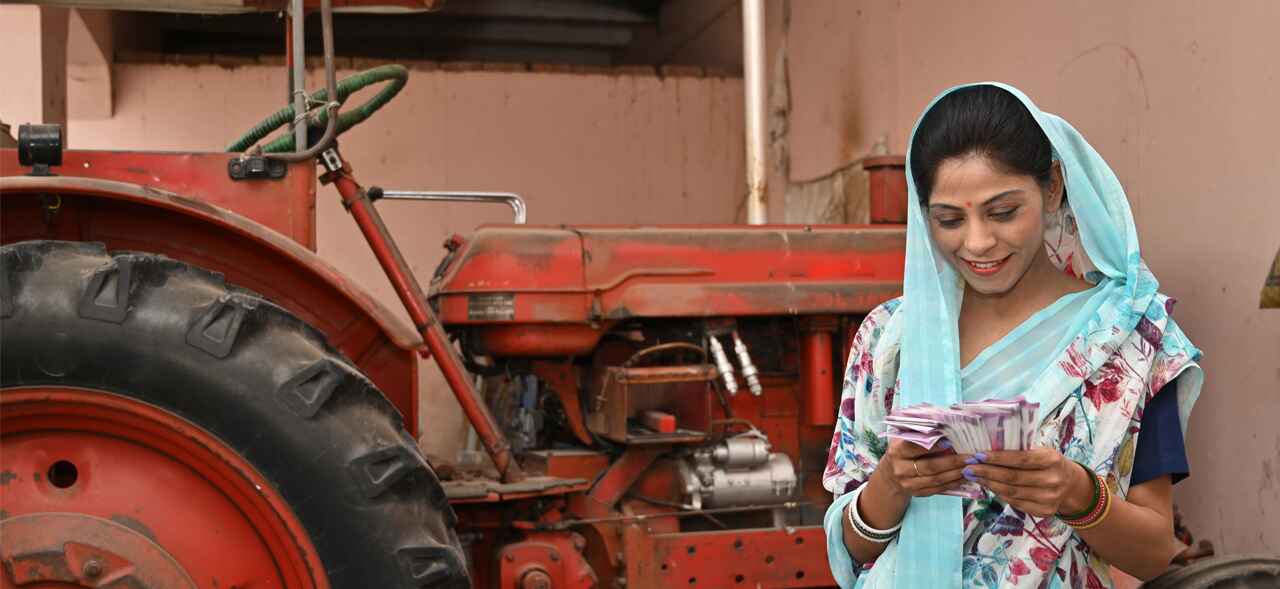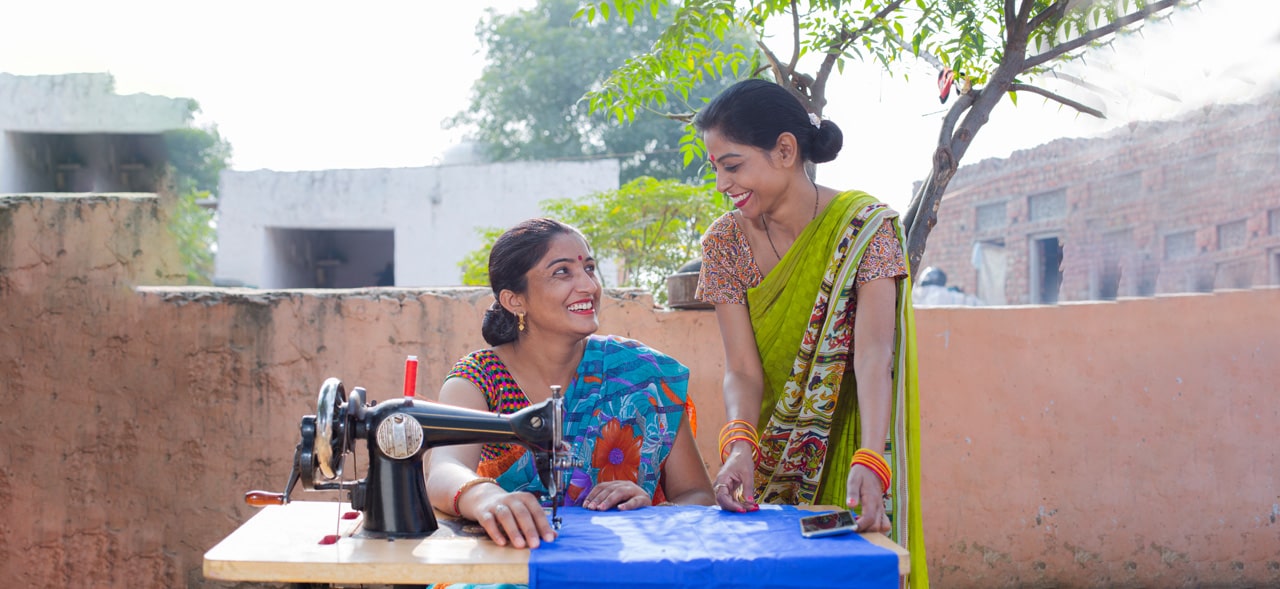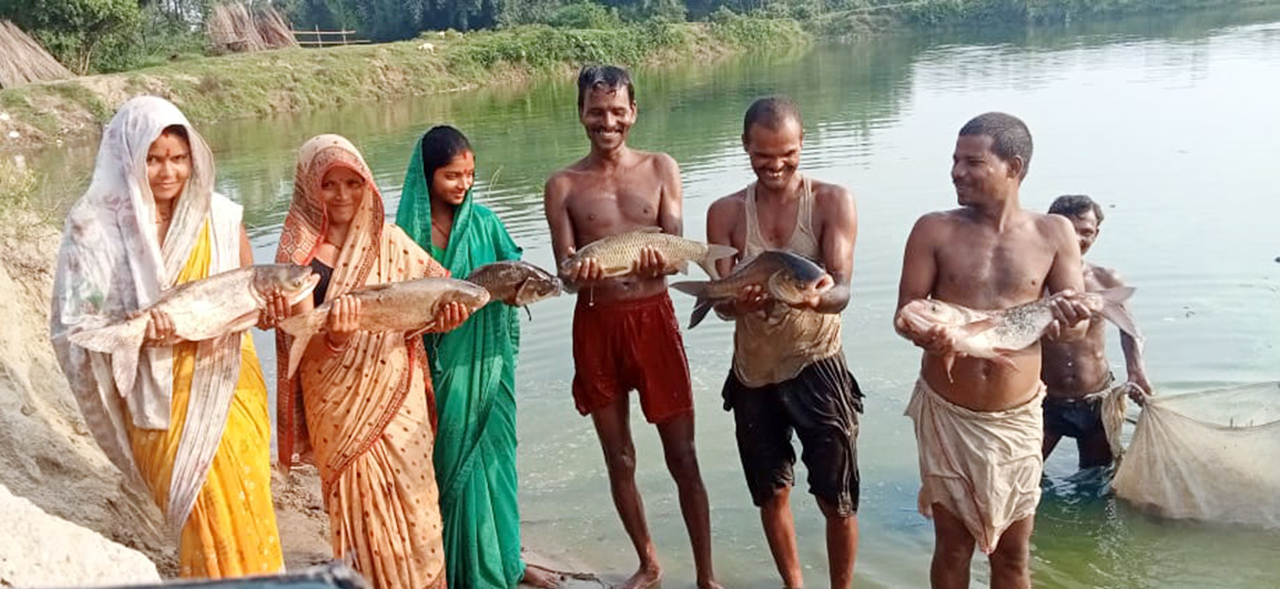Sonal Jaitly

Sonal Jaitly
Associate PartnerSonal is an Associate Partner at MSC and leads the Gender Equality and Social Inclusion (GESI) practice.
Sonal’s work focuses on women’s financial inclusion and economic empowerment, integrating a gender perspective into policies and programs, gender mainstreaming with financial service providers, combining insights from behavioral sciences and technology use, and digital financial services to enhance inclusion. She has more than a decade of experience working on gender issues. Her prior experience includes working as a Theme Leader for Gender at the Small Industries Development Bank of India (SIDBI). She led women’s enterprise development programs and provided technical assistance to government stakeholders. She has also led programs for ending violence against women during her tenure at UN Women. She has authored and contributed to several reports on gender equality, and her writing was featured in The Washington Times.
Posts by Sonal Jaitly
 Blog
Blog
Sonal Jaitly and Akhand Tiwari




